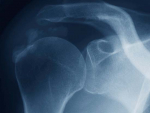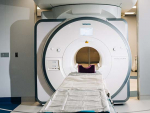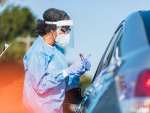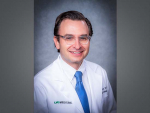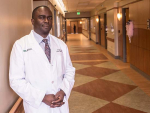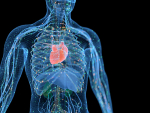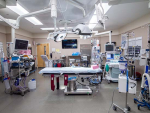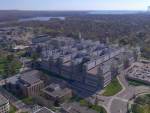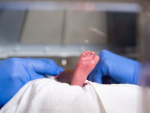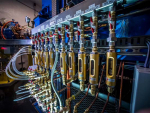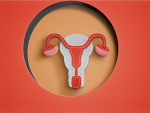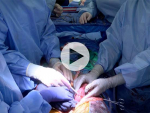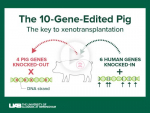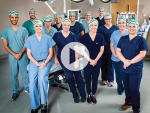Displaying items by tag: school of medicine
The new procedure uses a balloon to separate bones in the shoulder, reducing pain and allowing physical therapy a chance to work.
Tagged under
UAB’s new intraoperative MRI suite allows for real time magnetic resonance imaging during surgical procedures.
Tagged under
The COVID-19 pandemic shined a light on the disparities in health and health care access faced by underserved communities.
Tagged under
UAB maternal-fetal medicine specialists partner with the DCH Health System to provide specialized care for high-risk pregnancy patients in West Alabama.
Tagged under
Consortium led by UAB researchers in the UAB Heersink School of Medicine and School of Public Health received additional funding to further study chronic hypertension and preeclampsia epigenetics participants enrolled in the CHAP trial.
Tagged under
The Cardiogenomics Clinic uses a patient’s genetic history to help develop a personalized treatment plan based on their genetic results.
Tagged under
The UAB Trauma Center is busier than ever as the number of trauma cases at UAB Hospital has reached record levels.
The two universities have much in common, as both have moved from an industrial base to an economy driven by health care.
Tagged under
Death or severe brain bleeding in the first week after birth dropped from 27.4 percent to 15 percent after introduction of a bundle of evidence-based, potentially better practices for preterm infants. Median weight of the 820 infants studied was 1 pound, 10 ounces.
Tagged under
The findings represent the first study to examine whether metabolic adaptation, at the level of Resting Metabolic Rate (RMR), is associated with time to reach weight-loss goals.
Tagged under
For those who had COVID-19, lingering heart problems can complicate their recovery. UAB experts address common concerns that people have with their heart health after COVID-19.
Tagged under
Project ECHO is designed to connect family medicine and primary care practitioners across Alabama with teams of experts to help them better care for patients suffering from depression.
Tagged under
The facility will produce a reliable supply of isotopes for the United States Department of Energy Isotope Program.
Tagged under
Bibb has been studying neuroendocrine cancer for almost 10 years and has published several reports in high-impact scientific journals.
In the study published in the American Journal of Transplantation, UAB researchers tested the first human preclinical model for transplanting genetically modified pig kidneys into humans.
Tagged under
Jim Parsons’ legacy paves the way for thousands to potentially receive lifesaving organs through UAB’s xenotransplantation program.
Tagged under
The human preclinical model at UAB provides important knowledge before a Phase I clinical trial can begin for living human recipients. Decades of work by researchers across the world preceded UAB’s first clinical-grade pig kidney xenotransplant.
Tagged under
From its incompatible kidney transplant program to deceased donor programs, to xenotransplantation, UAB continues to seek ways to help patients who face end-stage renal disease.
Tagged under
